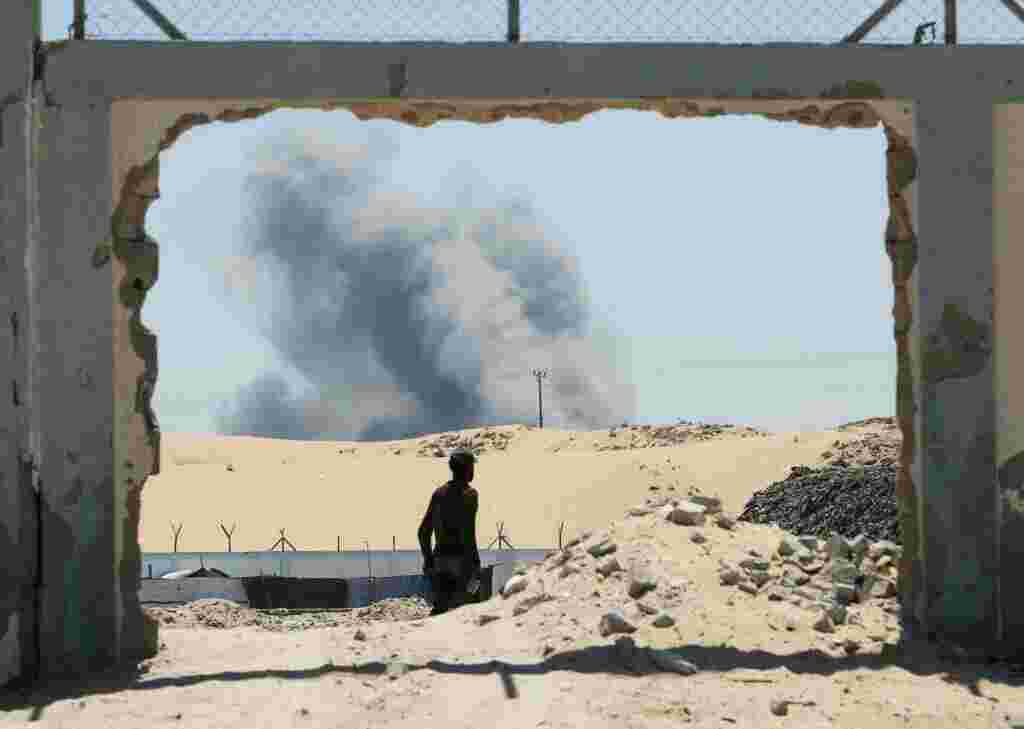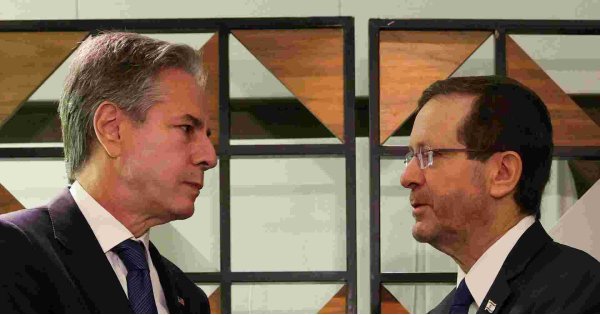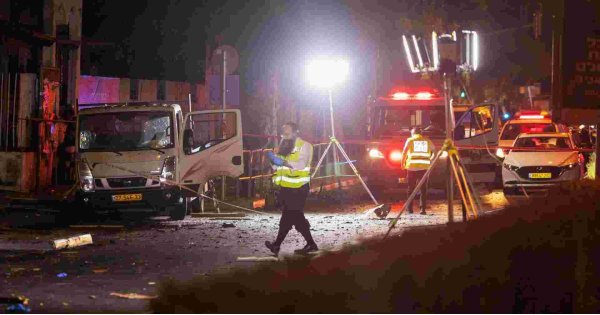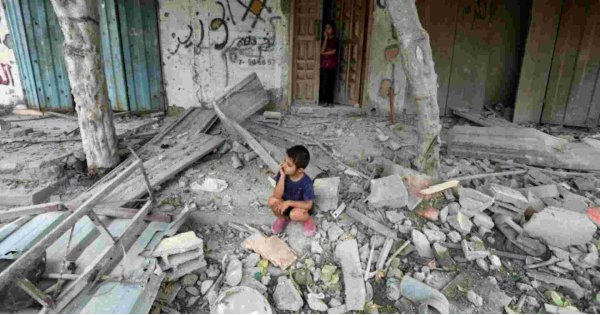Israel escalated its assault on southern Gaza, striking Khan Younis and resulting in the deaths of at least 21 Palestinians, according to medical personnel at Nasser Hospital. Among the casualties was a Palestine TV journalist, his wife, and their three daughters, highlighting the human cost of the ongoing conflict. The strike also hit tents housing displaced individuals in Al-Mawasi, an area designated as a humanitarian zone, adding to the complexity and tragedy of the situation.
Concurrent to these developments, there was an intensification of diplomatic efforts aimed at preventing Iranian retaliation against Israel for the killing of Hamas political leader and negotiator Ismail Hanihey. The involvement of the U.S., Egypt, and Qatar in calling for a cease-fire and hostage deal between Hamas and Israel underscores the urgency and complexity of the situation.
Geoff Bennett, co-anchor of PBS News Hour and an NBC News and MSNBC political contributor, delved deeper into these issues with Hussein Ibish, a senior resident scholar at the Arab Gulf States Institute in Washington. Bennett commenced the discussion by acknowledging the latest attempt by the Biden administration to end the war in Gaza, amidst anticipations of an imminent Iranian retaliatory attack on Israel.
Ibish provided insightful analysis, suggesting that while a temporary pause in the war could benefit both sides, the conflict was morphing into an insurgency versus counterinsurgency scenario, which might have been Hamas' initial intention. He elaborated on the dilemma faced by Iran and Hezbollah, asserting that they needed to retaliate to restore deterrence but were cautious about providing Israel with an excuse for further escalation or a potential regional war, which neither side desired.
The discussion then turned to the potential coordination between Iran and its proxies, with Ibish expressing confidence in their collaborative efforts. He referenced Hezbollah leader Nasrallah's statement, indicating their flexibility to act together or separately, highlighting the complexity of their strategic calculations. Ibish also shed light on Israel's 'escalation dominance,' suggesting that Israel had been pushing for further escalation, putting Iran and Hezbollah in a challenging position.
The conversation concluded with a broader analysis of the regional dynamics, including the role of Iran's alliance with Hezbollah and the implications for Iran's nuclear facilities. Ibish emphasized that Iran did not want to waste its strategic advantages on an unreliable ally like Hamas or a region it did not prioritize.
The urgent tone and detailed insights provided by both Bennett and Ibish offer a comprehensive overview of the complex situation in Gaza, the potential for Iranian retaliation, and the broader implications for the region. The human cost of the conflict, highlighted by the deaths of the journalist and his family, serves as a somber reminder of the urgency needed in finding a diplomatic resolution to the ongoing tensions.
Israel kills Hamas commander in Lebanon, strikes Gaza as region sits on brink of wider war
Israel continued its assault in southern Gaza by striking Khan Younis and killing at least 21 Palestinians, according to medics at Nasser hospital. Diplomatic efforts also intensified to head off Iranian retaliation against Israel for the killing of Hamas





